China Jacketed Stainless Steel Reactor: Complete Guide
Discover the applications, benefits, and selection criteria for these essential industrial systems
The China jacketed stainless steel reactor is a cornerstone of modern chemical, pharmaceutical, and food processing industries. Known for its durability, corrosion resistance, and precise temperature control, it has become an essential asset worldwide.
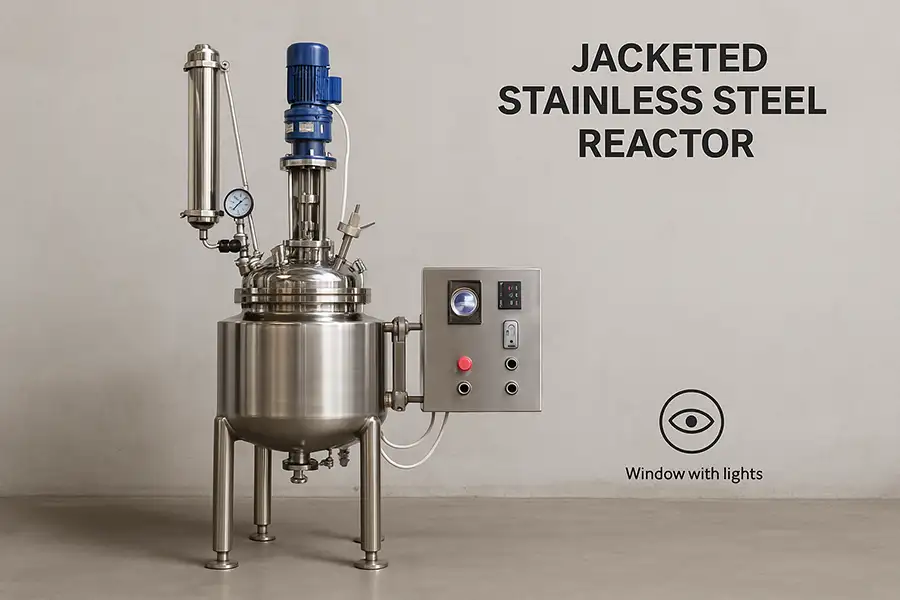
Jacketed stainless steel reactor schematic
What is a Jacketed Stainless Steel Reactor?
A jacketed stainless steel reactor is a vessel equipped with an outer jacket that allows heating or cooling media to circulate around the reaction chamber. This design enables precise temperature control, which is crucial for sensitive chemical processes. Stainless steel is chosen for its resistance to corrosion, high strength, and ease of cleaning, making it ideal for industries that require strict hygiene standards.
Temperature affects reaction rates, product quality, and safety. Inconsistent temperatures can lead to incomplete reactions, unwanted by-products, or even dangerous conditions. A jacketed design ensures uniform heating or cooling, which is essential for reproducible results.
Primary Applications
Jacketed stainless steel reactors are versatile systems used across multiple industries:
Chemical Synthesis
Used in complex chemical reactions requiring precise control
Pharmaceutical Production
Essential for drug development and manufacturing
Food & Beverage Processing
Holding tanks for sauces, beverages, and dairy products
Petrochemical Refining
Catalytic cracking and other thermal processes
Comparison with Glass Reactors
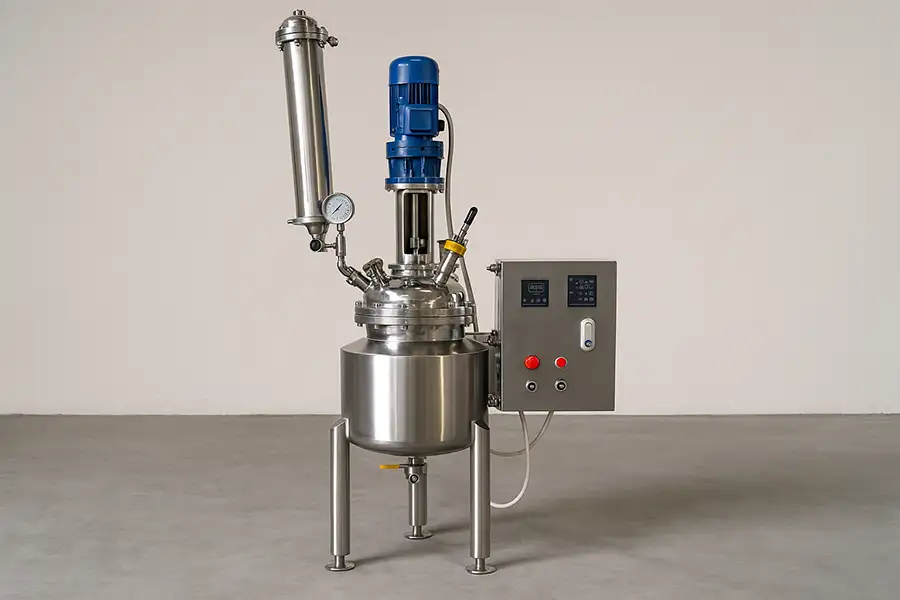
While stainless steel reactors excel in high-pressure and high-temperature applications, glass reactors are preferred for visual monitoring and certain chemical compatibilities. For example, our 1L jacketed glass reactor is ideal for laboratory-scale experiments, while a stainless steel reactor is better suited for industrial-scale production.
It depends on the application. Glass reactors offer transparency and chemical resistance for certain acids, while stainless steel reactors provide durability, higher pressure tolerance, and better thermal conductivity.
Key Advantages
Durability: Stainless steel can withstand mechanical stress and harsh environments for extended service life.
Corrosion Resistance: Excellent for handling a wide range of chemicals, from mild solvents to strong acids.
Precise Temperature Control: Jacketed design ensures uniform heating or cooling across the vessel.
Scalability: Available from small 5L laboratory models to 10,000L industrial production units.
Cost-Effectiveness: Chinese manufacturers offer competitive pricing while maintaining quality standards.
Market Insights
According to a report by MarketsandMarkets, the global chemical reactor market is expected to grow at a CAGR of 4.3% from 2023 to 2028. This growth is driven by increasing demand in pharmaceuticals, specialty chemicals, and materials science. Chinese manufacturers are becoming global leaders due to their ability to produce high-quality reactors at competitive prices.
Technical Specifications
| Model | Capacity | Material | Pressure | Temperature Range |
|---|---|---|---|---|
| SS-20 | 20L | Stainless Steel 316L | 0.6 MPa | -40°C to 200°C |
| SS-50 | 50L | Stainless Steel 316L | 1.0 MPa | -40°C to 250°C |
| SS-100 | 100L | Stainless Steel 316L | 1.6 MPa | -50°C to 300°C |
Related Equipment
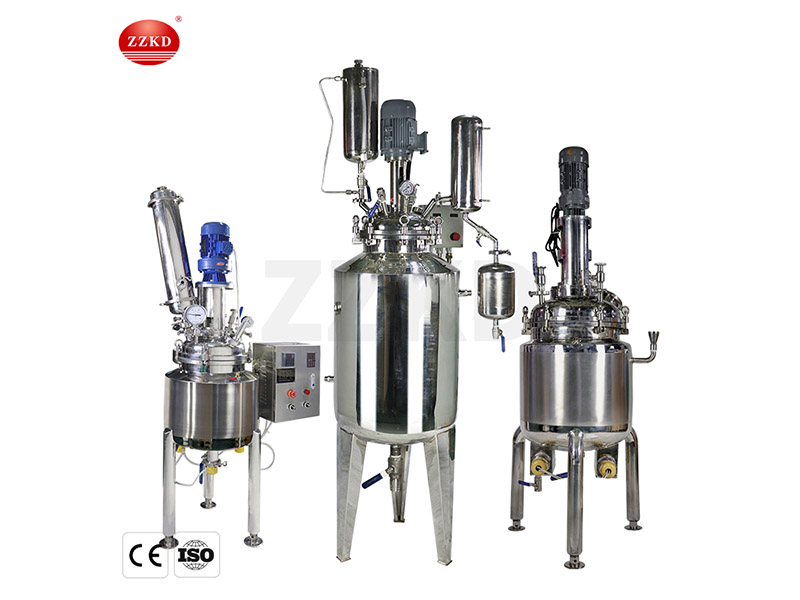
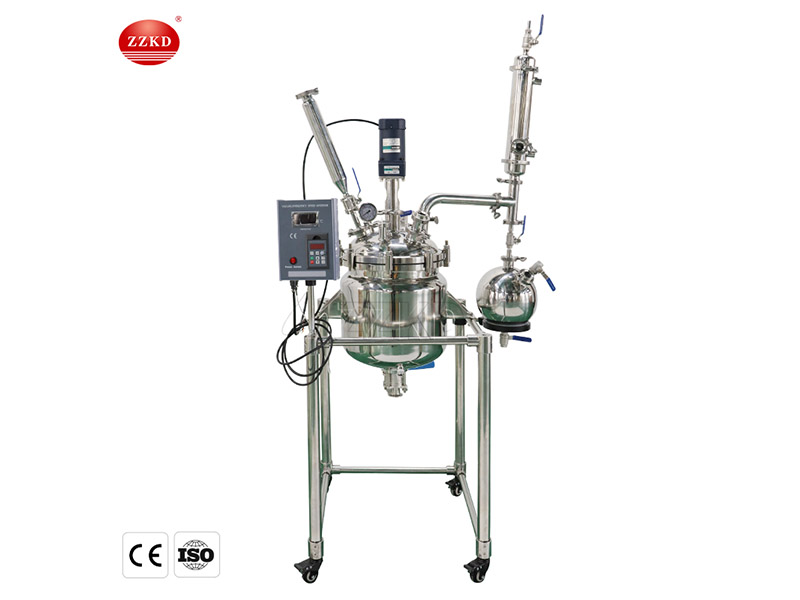
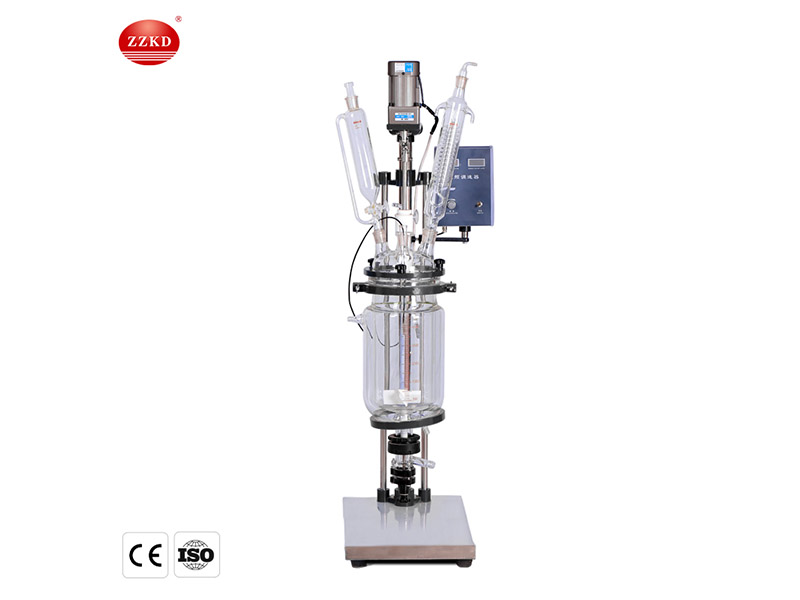
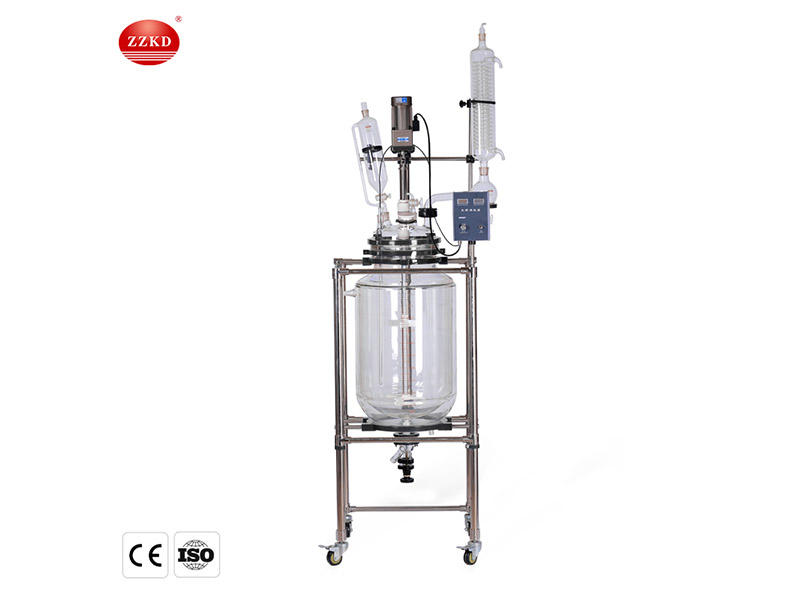

Industrial stainless steel reactor (20L capacity)
Chinese manufacturers combine advanced fabrication techniques with lower production costs, making high-quality reactors more accessible worldwide. This has increased competition and driven innovation throughout the industrial equipment market.
Final Thoughts
The China jacketed stainless steel reactor is a versatile, durable, and cost-effective solution for a wide range of industries. Whether for small-scale research or large-scale production, its ability to maintain precise temperature control and withstand demanding conditions makes it an essential piece of equipment in modern processing plants.
For custom reactor solutions and professional equipment selection advice, contact our engineering team today.
